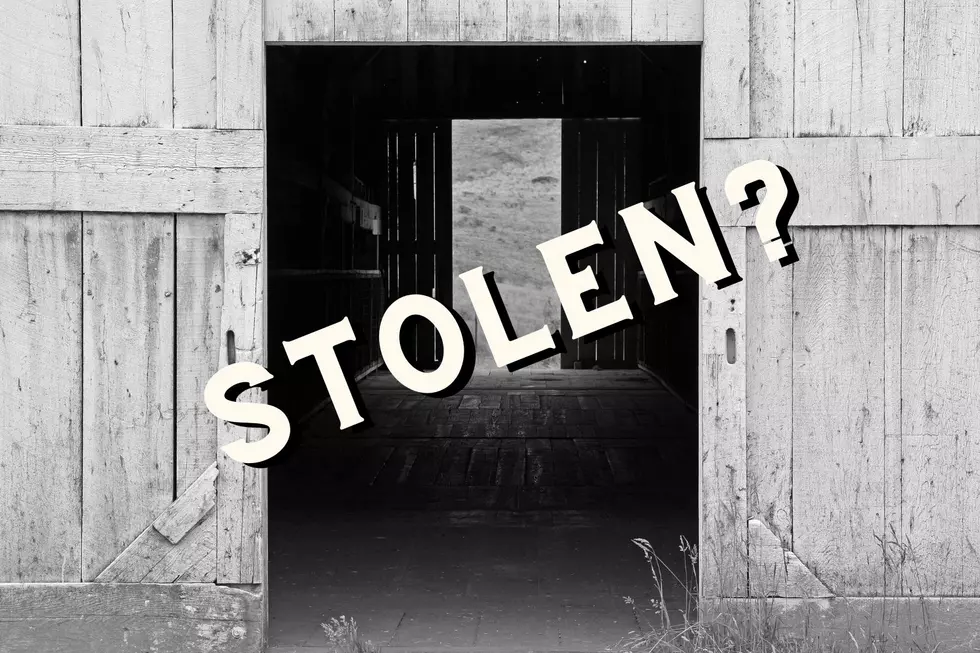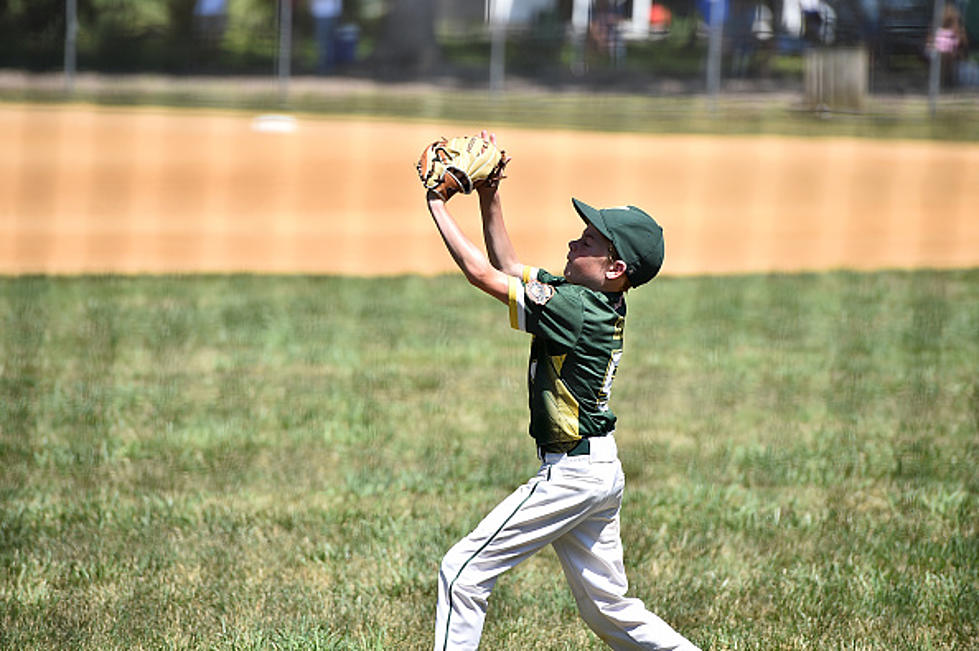
Parenting Guide: What You Should Never Say to Your Child
According to Parenting.com, there are certain phrases you should never let out of your mind or mouth when speaking to your child. There is no doubt the job of raising children is a tough one and doesn't ever go flawlessly for even someone like Donna Reed. However, with all the life stresses we go through, especially parents, it is important to try and filter certain things from ever reaching your child's ears.
Here are nine expressions you should refrain from saying to your child:
.
"Leave me alone!"
Children start to think you're unapproachable and therefore, can shut down communication with their parent(s) if they continously hear this statement made to them. Setting such a distant path of communication early on, can only make it less likely for the child to tell their parents problems or concerns later in life.
"You're so"
This beginning to any sentence with a negative ending can damage a child and "cut dangerously deep," according to the article. Instead of saying "you're so lazy," the article suggests leaving adjectives about your child's personality out of the sentence completely.
"Don't Cry"
Don't try to protect your child from feelings of being sad or frightened, by detering them from showing these feelings. Instead embrace them when they are feeling this way so they learn to show emotion and express themselves. As much as you don't want your child to be upset, be supportive and try to give them the feeling of relief that it's good to talk about what is upsetting them.
"Why Can't You Be More Like..."
Never compare your one child to another child or one of their friends. If used repeatedly, you will make your child feel insecure and inadequate -- something that could be carried well into their adult years. Instead, say something that congratulations both children as a whole rather than saying one did a task better than the other.
"You Know Better Than That"
"I can't believe you did that!" and "It's about time!" fall into the same category. Children will eventually think they are a burden on you and they never do anything right if they hear any of these expressions consistently. Children don't REALLY understand how certain things work and therefore, that's why they attempt to do something that didn't quite pan out the way they thought it would. Don't shoot them in the foot for trying -- maybe say something along the lines of: "An easier way to do this would be..." or "I'd like it better if you would do it this way."
"Stop or I'll Give you Something to Cry About"
Threatening your child is never a good tactic especially because they are rarely effective. If you threaten with "Do this or else!", but nothing ever comes of it, eventually your child will realize that it is just a threat and will just become numb to the expression. According to Parenting.com, threats, especially ones about hitting, usually lead to spanking which has been proven to be ineffective.
"Wait 'til Your Father Gets Home"
Don't rely on the good cop, bad cop routine. It is best if the child respects both parents equally or close to the same. To be effective, you need to remedy the situation, immediately, yourself or you risk losing the child's respect all together. Plus, giving your child the anxiety anticipating a punishment when the other parent does get home, can sometimes be a worse punishment than the original crime deserved.
"Hurry Up"
Try not to rush your toddler or child. Though many people are guilty in general of saying this someone at one point in time, give your child the chance to do their task at their own pace. If you need to hurry them along a bit, be careful not to use a snarl or disappointing tone of voice. Encourage them to be more productive without seeming inconvenienced.
"Great Job!" or "Good girl!"
What's wrong with some positive reinforcement, you ask? Well, I asked the same thing when I read this last statement. How could this be the wrong thing to say to your child? Over usage of either phrase is the problem. Be careful not use these phrases for every little bitty thing your child does. Save it for life lesson types of accomplishments or tasks that require real effort. For example, finishing a glass of milk seems like a big deal, but when compared to drawing a picture, the picture took more creativity, effort and time. Praise the behavior, not the child when it comes to the smaller things they do well and save the praise of them as a person for the bigger accomplishments.
More From 107.7 WGNA







![Love Cowboy Helps Dad With Trunk or Treat [AUDIO]](http://townsquare.media/site/81/files/2018/10/IMG_0620.jpg?w=980&q=75)
![Wife’s Dream Causes Hubby to Ask Love Cowboy For Advice [AUDIO]](http://townsquare.media/site/81/files/2018/03/RS5641_121872069.jpg?w=980&q=75)
